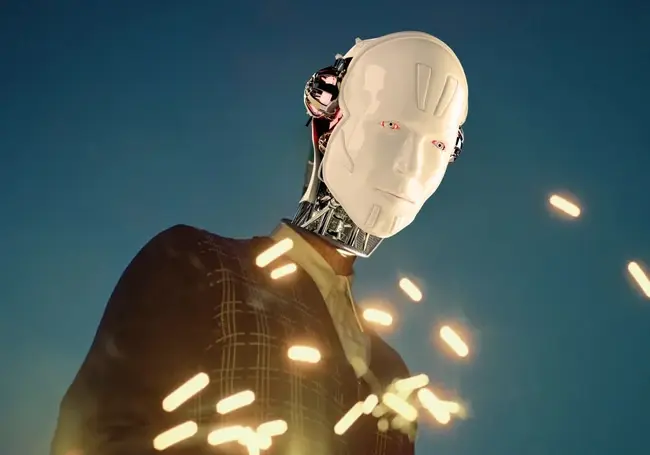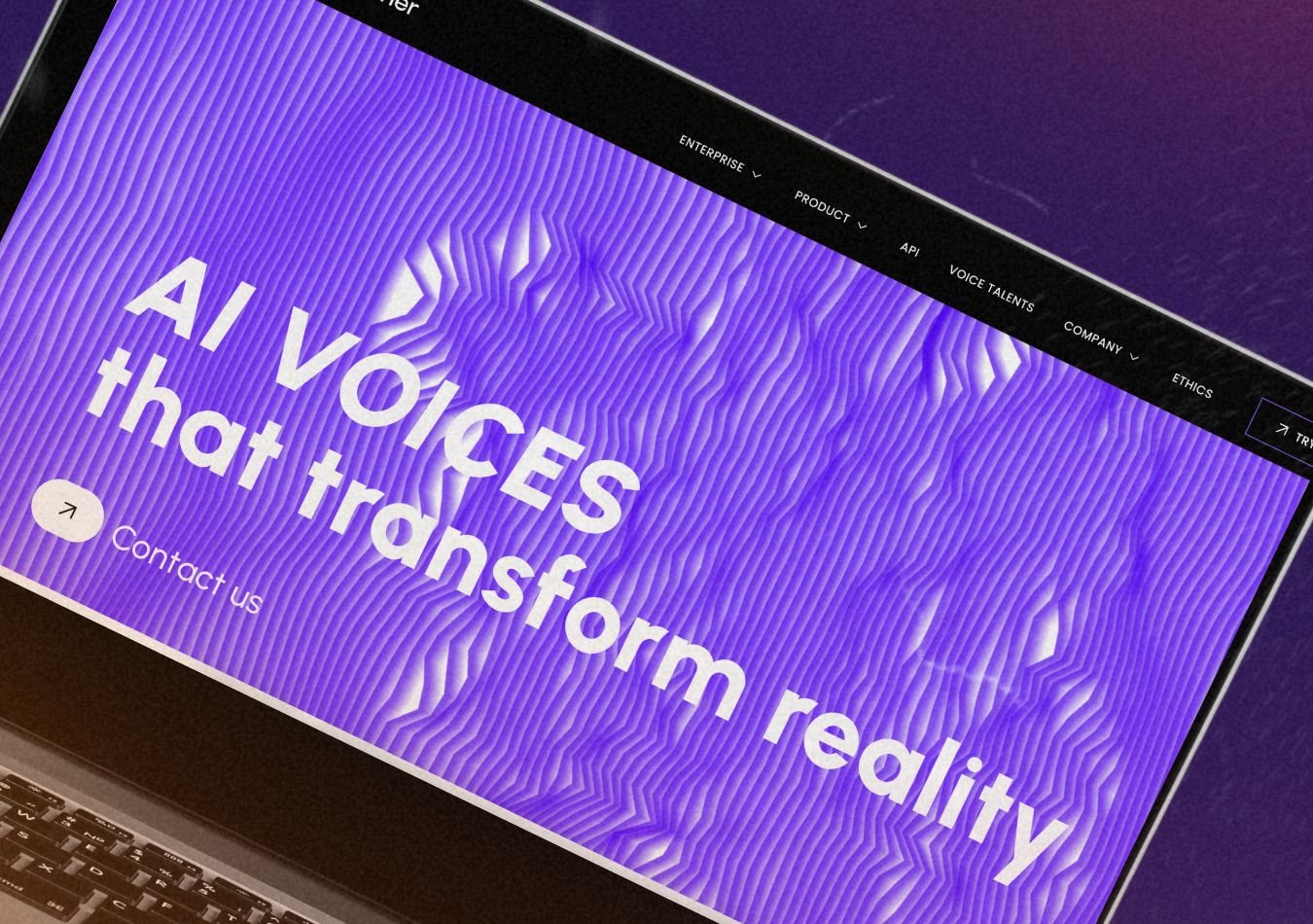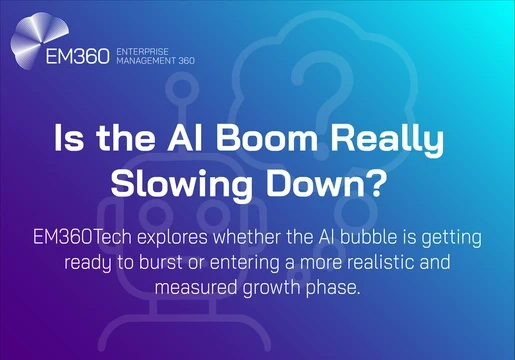The Brutalist, a leading Academy Award contender, has sparked controversy just days ahead of the nomination ceremony, after editor Dávid Jancsó confirmed AI was used to enhance accents in the film.
Jancsó confirmed that AI software Respeecher was used to alter the accents of lead actors Adrien Brody and Felicity Jones’ during Hungarian language dialogue scenes.
The AI tool was not used to alter any English language speech in the film.
Jancsó is a native Hungarian speaker himself but explained that despite Adrien Brody's Hungarian heritage and both lead actors undergoing dialect coaching, perfecting the nuances of the language was challenging.
After exploring automated dialogue replacement (ADR) options which would include having native Hungarian speakers re-record sections of the dialogue, the production team decided to use AI tool Respeecher to refine the specific sounds “so that not even locals will spot any difference."
Read: What is Sound Automation? How is it Relevant to Enterprise Management?
At the heart of the controversy lies the concern that using AI to alter an actor's voice undermines the authenticity of their performance. Some argue that employing AI tools undermines the value of methods like dialect coaching and the dedication actors invest in mastering accents.
According to Jancsó the process was a matter of replacing individual letters in words. Brody and Jones were able to train Respeecher with their voices, whilst Jancsó was then able to integrate his own pronunciation correction.
"It is controversial in the industry to talk about AI, but it shouldn't be. There's nothing in the film using AI that hasn't been done before. It just makes the process a lot faster." said the films editor, Dávid Jancsó.
AI was also used in The Brutalist to create ‘a series of architectural drawings and finished buildings.’
Read: Is AI Art Copyrighted? How AI Images Redefine Fair Use
The issue of AI and its relationship to art are the crux of the controversy. With "The Brutalist" generating significant Oscar buzz and already garnering awards for its poignant and intricate human story, the revelation of AI's use in the film casts a shadow over its achievements.
Combined with a runtime of over three and a half hours that demands attention, some who saw the film before the use of AI was disclosed feel deceived.
This incident forces the film industry to once again confront fundamental questions about the nature of art, the role of human creativity, and the ethical boundaries of using AI in creative expression. These issues were raised repeatedly during the Writers Guild of America Strike in 2023.
The Brutalist controversy proves, to a point, that creatives anxieties about the future of integration of automated technology are not just hypothetical. It highlights the need for the industry to establish clear guidelines and ethical frameworks for the use of AI in creative processes.
This incident reinforces the urgency of addressing the complex relationship between AI and art. It necessitates a broader conversation about how to harness the potential of AI while safeguarding the value of human creativity and ensuring that technological advancements serve the artistic process rather than undermining it.

What is Respeecher?
Respeecher is an AI tool that specialises in voice cloning technology. It is based on deep learning algorithms that are able to create incredibly realistic and high-quality synthetic speech.

Respeecher is able to analyze and replicate the intricate features of specific voices. It takes into aspects like tone, pitch, and, apparently, emotional nuances in order to generate synthetic speech that is identical to the original.







Comments ( 0 )